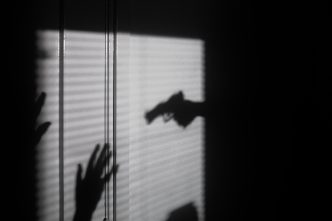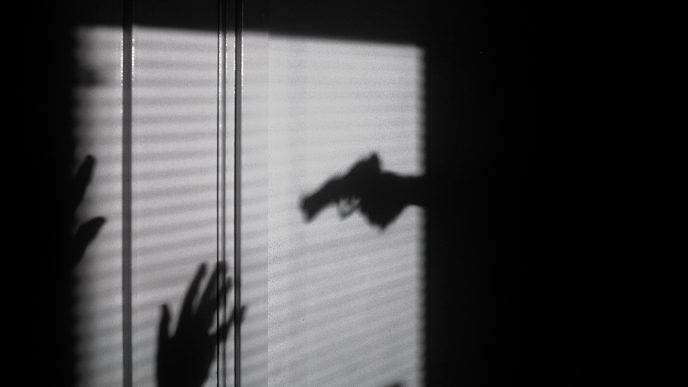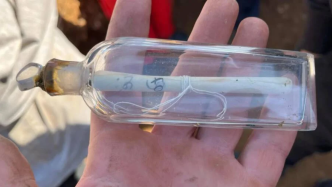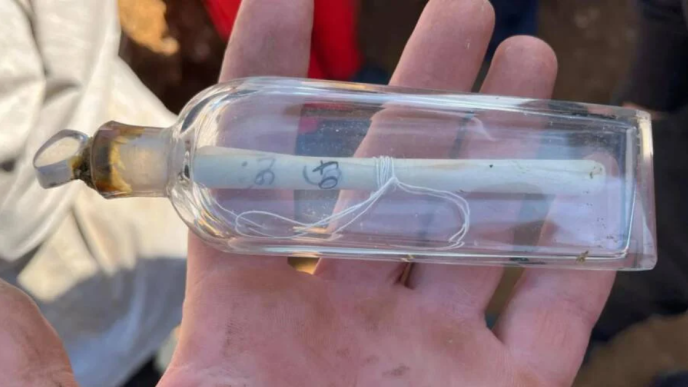Ah, the excitement of a crush. With the fluttering in your stomach, everything seems more vibrant, and that unknown person in the distance suddenly occupies your thoughts. Yet, for many, these brief infatuations diminish as we grow older. Is it merely a decline in excitement, or is there a deeper reason behind it?
The Adventures of the Twenties
Oh, the twenties. A time when life unfolds like a chaotic yet colorful tapestry. You navigate through bustling parties, where each new face could ignite a spark. That guy in the quirky band T-shirt? Definitely crush material. The barista who knows your usual coffee order? Total heartthrob. Your love life becomes a whirlwind of brief attractions, accompanied by a constant hum of nervous energy. Every encounter feels electric, brimming with the promise of a romantic story.
Of course, some crushes might fade as quickly as a firework sputtering out. Maybe your “out-of-the-box” fashion choices were just too… unique. But who cares? The joy lies in the sheer abundance of possibilities. The world appears to be an endless realm of romantic encounters, filled with connections waiting to be unearthed. Each weekend is an opportunity to be ready for yet another love saga.
Then, almost suddenly, you find yourself in your thirties. The once-frequent flutters of crushes have significantly diminished. You can still sense that spark that leads to restless nights and obsessive phone checks, but it’s become increasingly rare, like spotting a unicorn in the dating wilderness.
The days of forging effortless connections seem to have vanished. Now, genuine infatuation feels like a treasure, discovered only after sifting through the mundane. Conversations may still offer the potential for deeper connections, but the initial butterflies appear to have migrated for the season.
Is this a drop in romantic enthusiasm, or simply a change in what matters? Perhaps it’s a result of life experiences, which refine your understanding of self and set higher standards for partners. Whatever the cause, the landscape of love in your thirties is distinct. Here, quality precedes quantity, and authentic connection outweighs temporary infatuations.
While the frequency of crushes may decrease with age, the ability to experience passionate love seems to remain intact.
Another layer emerges from a Quora user who observes: “Crushes become rarer with age because, as you grow up, you realize that the person you’ve idealized is often someone you barely know, or if you do know them, it’s quite superficial. You assign worth based on the appealing traits you wish they had. The person you imagine isn’t usually who they truly are.” In our younger years, crushes are often driven by projections and fantasies. We create an idealized image of someone based on limited interactions—much like admiring a celebrity from afar. As we mature, we come to appreciate the importance of authentic connections and understanding individuals as they are.
Conversely, another Quora user argues: “No, getting older hasn’t stopped me from having crushes at all.” She acknowledges that while crushes may feel less dramatic with experience, the emotional depth remains. “I’m more aware of what they are now. When I was younger, I would crush and think, ‘OMG, this is incredible, it must be true love! I should reshape my life to pursue this because I’ll never feel anything this amazing again—fate surely brought us together!’”
Research points to a multifaceted relationship with love across different ages. One study, titled “Getting Older, Feeling Less?”, surveyed over 2,500 Germans and found that older adults generally report lower emotional intensity, including positive feelings linked to crushes. This emotional diminishment may explain why we become less swept up by fleeting attractions as we age.
Nonetheless, biological anthropologist Helen Fisher contends that the physical experience of falling in love remains unchanged. “The primary brain regions and pathways associated with intense romantic feelings were equally active in people over 50 as in those in their twenties,” Fisher stated in an interview with The Washington Post regarding a study she conducted. “This is a fundamental drive that doesn’t wane.” This implies that the intrinsic desire for romantic connections may persist throughout life.
So, what accounts for the decrease in the frequency of our crushes?
It could stem from increased selectivity. With the accumulation of experiences and relationships, we gain clarity on what we seek in a partner. A study from the University of Queensland indicates that older women, especially those aged 35 to 50, become more discerning when selecting romantic partners. Interestingly, studies related to dating apps suggest similar patterns among men, with selectivity rising after age 40.
Thus, while the occurrence of crushes may diminish with age, the ability to feel passionate love appears to endure. This change likely reflects a more mature self-awareness and the desire for partners who genuinely enrich our lives.
This evolving self-actualization is not necessarily a negative shift.
The decline in crushes does not inherently point to adverse outcomes. It signifies a growing understanding of who we are and what we desire in a partner. While the thrill of transient infatuations might fade, the opportunity for deeper, more significant connections is enhanced. So, while we may no longer fall for everyone who shares our fondness for a quirky Christmas sweater, the bonds we form can be significantly more meaningful.













